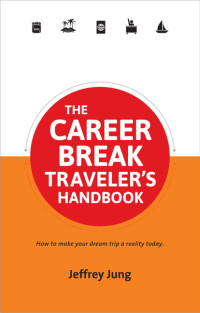 They often say hindsight is 20/20. That certainly has been the case with my career break trip – and there’s nothing like reading a book about how to take a career break to travel to make you reflect upon your own journey.
They often say hindsight is 20/20. That certainly has been the case with my career break trip – and there’s nothing like reading a book about how to take a career break to travel to make you reflect upon your own journey.
Jeff Jung recently published The Career Break Traveler’s Handbook, one of the five books in the new Traveler’s Handbooks series from several notable travel bloggers. I am one of several career breakers profiled in the book and Jeff was kind enough to provide me with a copy of the finished product. As I read it, I found myself evaluating it based on what I knew or wish I knew before I took my trip, my own experience on the road, and how things have played out for me since I returned.
At one point in the book Jeff mentions how individual these trips can be and I wish it was something he emphasized a bit more – everyone goes for different reasons, everyone hopes to get something different out of the experience and everyone will pursue different routes upon returning. I think that is important to remember while reading this or any other book or website providing advice about taking a career break to travel. Not everything will – or should – apply to your particular situation.
There was a lot to like about The Career Break Traveler’s Handbook. It was well organized and Jeff opened it by explaining how his own personal situation led him to take a break. From there, he provides a bit of a pep talk, explaining that taking a break to travel is not selfish and cab be done, despite the naysayers. But he does make one statement that I personally disagree with: “This is not a time to run away. It’s a time to run to something.” I get what he means by that, but I think it’s okay if you’re running away. I can remember chatting with a fellow volunteer in Armenia and she commented that all of us were escaping something – she said we all had something that was “f*cked up” back home, otherwise we wouldn’t be there. I tend to agree and I say go ahead and own that.
The real nitty-gritty of the book comes in the planning section. Jeff lays out a lot of information in the form of bullet-pointed lists of things to consider. He definitely touched on a few things that never crossed my mind before I left – like obtaining repatriation insurance and creating a will and living will in case anything happened to me. I also liked the information he provided about researching before you go – using Google to search for blogs (I had no idea they had a “blog” option!), specific Twitter hashtags to search for and Twitter chats to participate in.
My only complaint is that he didn’t provide more specifics – he tells you everything you need to think about, but mostly stops there, leaving you with more research to do. For example, in the banking section, it would have been nice to mention some of the credit card companies that don’t impose international currency transaction fees and/or refund ATM fees. I also wish he went more in-depth explaining the difference between traditional travel insurance and worldwide medical insurance: the differences for Americans can be important.
The third section focuses on making the most of your career break trip and again, Jeff includes some great ideas, ranging from volunteering to educational courses to active endeavors. I wish he would have provided additional information about actually finding volunteer opportunities because that was one of the most difficult aspects of my trip planning, but I also know there’s another Traveler’s Handbook for that.
Finally, Jeff touches on re-entry. Here, I really wish he would have gone deeper because I think it is a topic that is the scariest for many career breakers – I know it was for me. He touches on some general points, like updating your resume, explaining your travel and budgeting for the time it takes you to find a job. But as in the planning section, it falls short on specifics. It would have been nice to see some sample resume blurbs, lists of job search resources and information about how long a typical job search can take.
Overall, I think The Career Break Traveler’s Handbook provides a good checklist of things that people planning to take a career break should consider. If you are just starting to think about it or are in the early planning stages, I would definitely recommend it as a great resource to get started.
